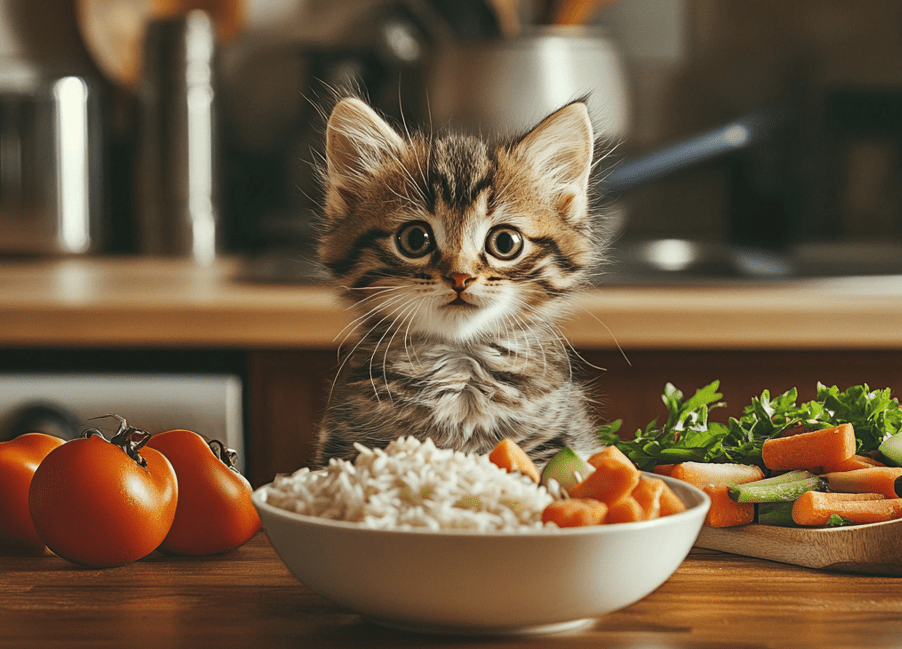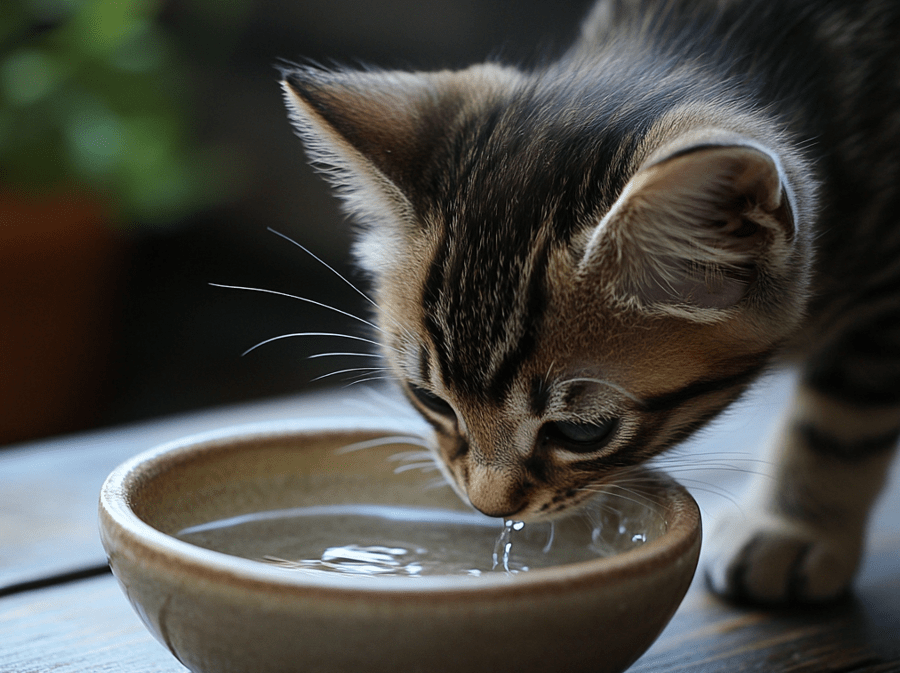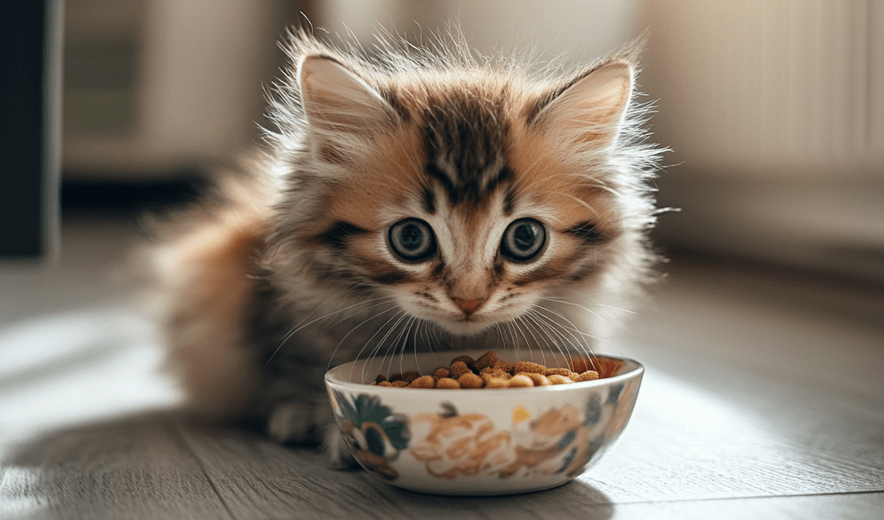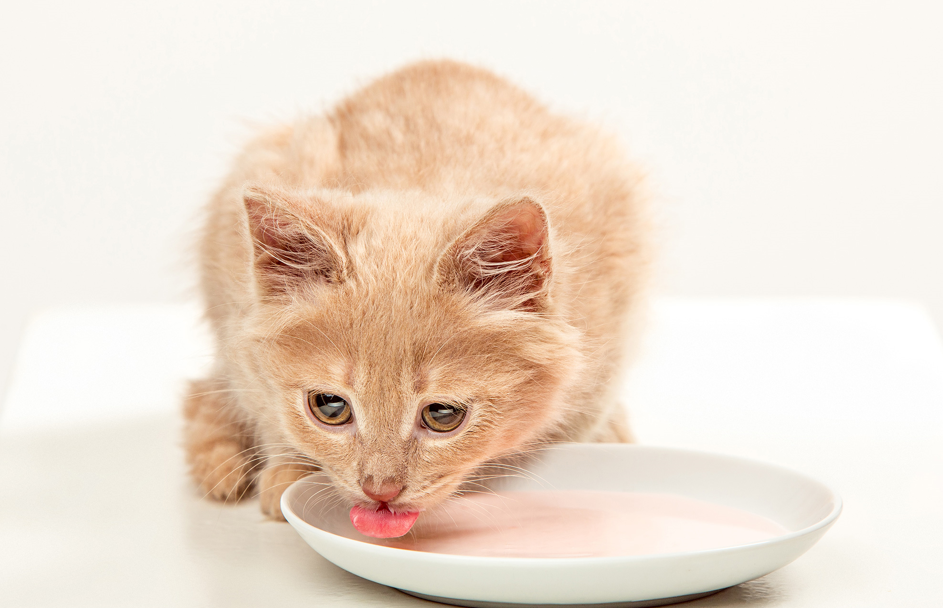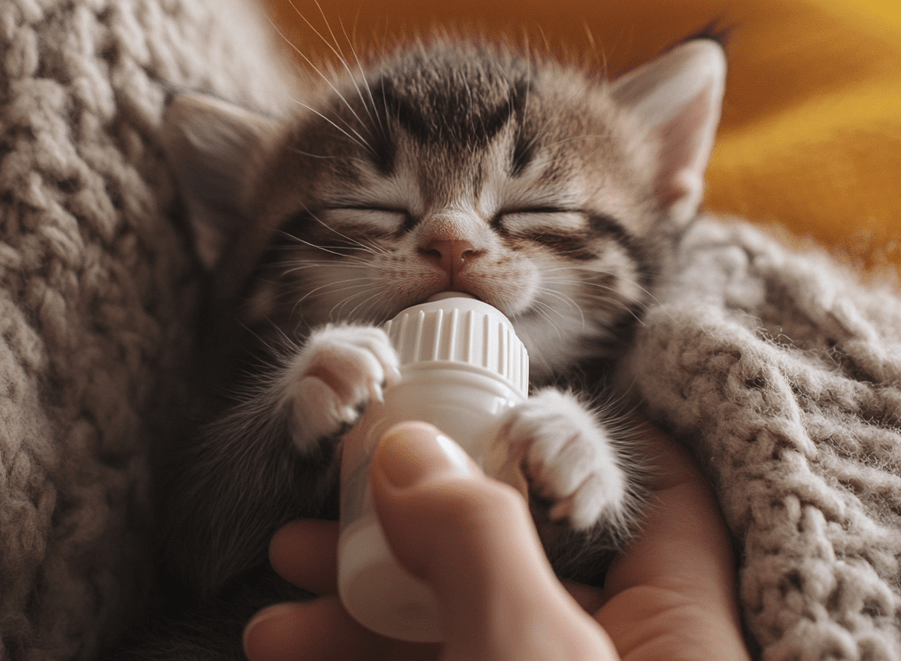
Learning how to feed a newborn kitten is very important for the pet owner. It is very crucial for their health and well-being. As a pet owner you should have to know the balanced and complete diet for your newborn kitten in the right amounts at the right times. People often face some questions like-
-What should we feed the newborn kitten?
– How often should they be fed?
-How many times to feed a newborn kitten?
-What is the major nutritional need for newborn kittens?
-What will be the kitten feeding intensity?
For newborn kitten owners some essential feeding tips should be followed. Such as- feeding the kitten small amounts frequently rather than feeding large amounts at once, selecting high quality nutritious foods which are specialized for the newborn kitten, providing various types of food with different tastes and textures etc. These are very beneficial for their growth and are very important to strengthen the natural instincts
Hope this article will answer all your questions and give you a complete idea about newborn kitten feeding.
For the tiny fur of your home, you must ensure proper nutrition. When compared to human kids, kittens also have specific nutritional needs that influence their growth and well-being. In this article, we will give you some easy homemade food for newborn kitten’s recipes that will help your kitten get the best ideal start in life.
Why Homemade Food is Important for Kittens
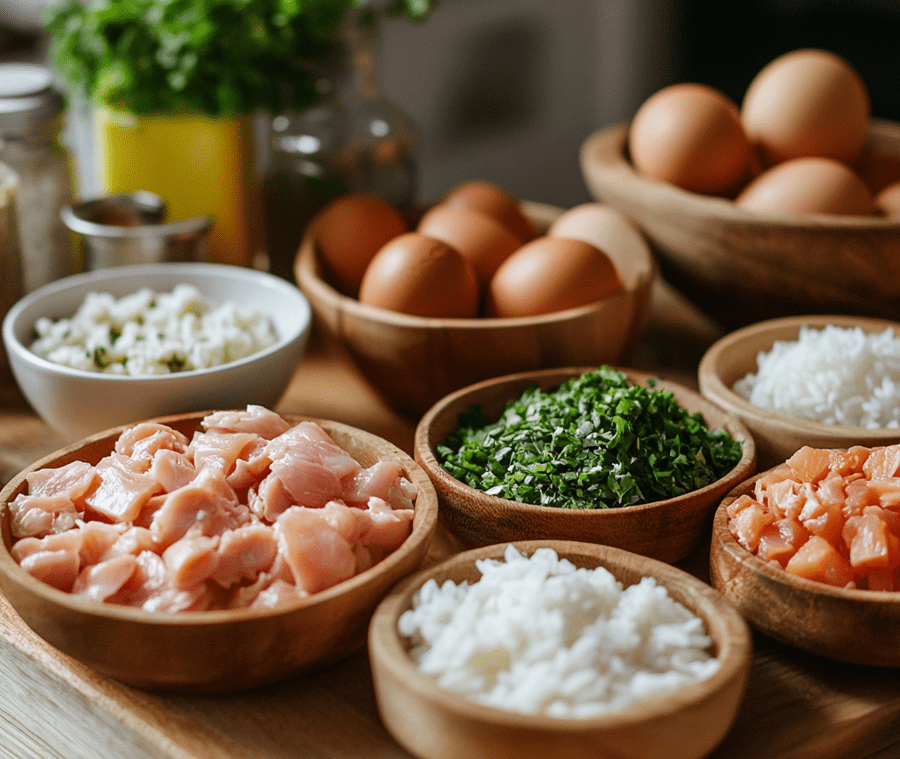
Kitties grow very rapidly, so they require certain nutrients. For that, home-cooked kitten food is a great option for you to watch what goes inside their bowls, and by ensuring the absolute nutrition, you can make your kitten develop healthy. Resist adding unsafe synthetic compounds or additives to your home-cooked food. Once you begin to cook for your kitten at home, it is simple to adapt their diet plan in ways that best suit those specific necessities and tastes of theirs which then add more value towards the entire well-being technique. At the same time, they can acquire the correct amount of vitamins and minerals that they require. Feeding your cat store-bought or canned food frequently is considerably harmful, as it is a quickly manufactured dish with a consistence of preservatives and artificial flavors.
Nutrients your kitten requires
Consider these when you make homemade food:
Protein: necessary for growth and energy.
Fat: Important for skin and coat health.
Vitamins: To fight with flu bacteria, all kinds of vitamins, including A, D, E, and B complex, are essential.
Minerals: Calcium and phosphorus can help in building strong bones. In your recipes, you can add the maximum of this nutrition respectively.
Basic Ingredients for Kids
You do not really need to make that long purchase list of groceries for your new-born kitty. Listed up are some of the fundamental items which you can use in his meal
Meat: liver, chicken, or beef intake can be a good alternative for protein.
Fish: Salmon and tuna sea fish can be given on occasion.
Eggs: Cooked eggs provide great protein.
Dairy: small amounts of cheese or plain yogurt.
Vegetables: carrots or peas (though not all kittens like veggies).
Remember to cook all ingredients as needed and chop them into small pieces for easy consumption
Newborn Kitten Food Recipes
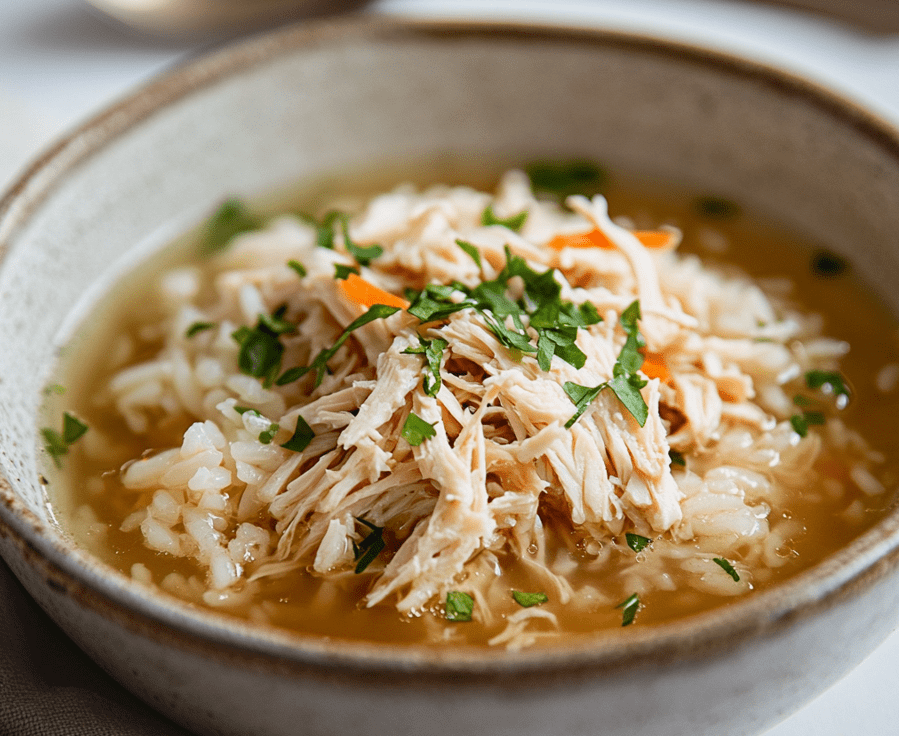
You can make nutritious food even at home for your furry. But each dish must contain plenty of nutritious ingredients that will help your kitty grow and remain healthy. Here are two easy-pissy recipes.
Recipe 1:
Chicken ground with rice is a wholesome mixture which gives vital protein and carbohydrates for that expansion of the kitten; it will help in getting their necessary energy.
Ingredients:
1 cup shredded, cooked chicken
1/4 cup rice (cooked)
1/4 cup low-sodium chicken broth
Instructions:
- Combine rice and chicken in the broth.
- Banana Smooth Paste Blend
- Serve at room temperature.
Store leftovers in the refrigerator for up to three days, preferably not longer.
Recipe 2:
Fish Day
Ingredients:
Container-canned salmon water ½ cup
1 small cooked egg
1 tea-spoon fish oil (omega-3).
Instructions:
Drain the salmon, and flake into a bowl.
Dice the boiled egg and combine with salmon.
If using for extra calories you can also drizzle with fish oil to get in some healthy fats.
Serve fresh, at or near room temperature.
Attention to Portions
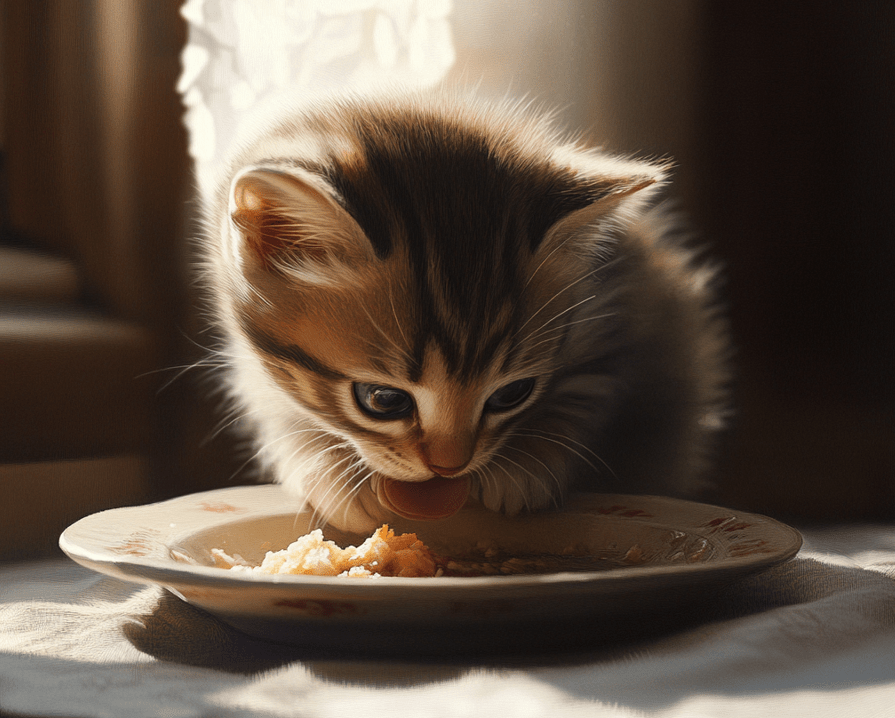
Kittens should be fed up to four times per day to get all the nutrients they need. Anything more than just a tablespoon or two of food per meal is plenty for the little guys out there. Adjustments can be made according to how much your kitten consumes or more majorities what size it goes. You have to monitor how much that kitten is eating and adjust portion sizes appropriately depending on appetite and growth. Kittens need the right nutrients to grow, so giving them a variety of small meals throughout their day is really important.
What are the symptoms that you will understand that your kitten is growing properly?
How do you determine if your kitten is healthy and growing? Check these:
Weight gain: The weight of the kitten starts to gain more and more from the first week of life.
Active Behavior: Own natural playfulness, good appetite and social interaction are some of the positive signs that indicate a healthy kitten.
Shiny Coat: If your kitten’s coat is nice and shiny then you know they are getting good nutrients.
Consult a vet for any nutritional problems in your kitten
Possible Mistakes When Making Homemade Food for Kids
For example, failing to provide a proper diet together with all the necessary nutrients, using harmful foods for cats and not storing or preparing them properly. And it is important to follow recipes and ways to do the best, so that your little kitten has a life as long as possible!
- Nutrient imbalance: It is almost impossible to get enough vitamins and minerals from raw food only. To ensure a proper balance is achieved for the diets of pets commercial pet food manufacturers create to close complete formulas that we can buy in stores.
- Unsafe Ingredients: A few things, such as onions, garlic, and chocolate, are toxic to cats. So they must be completely avoided.
- Ration Control: Avoid overfeeding with the kittens, as this is a surefire way to have an obese cat later in life. Just as overfeeding is harmful to kittens, underfeeding is also a cause of malnutrition. So moderate food should be given to get proper nutrition.
Consult a veterinarian. Make sure your kitten’s nutritional needs are being properly met.
When to Transition to Solid Food
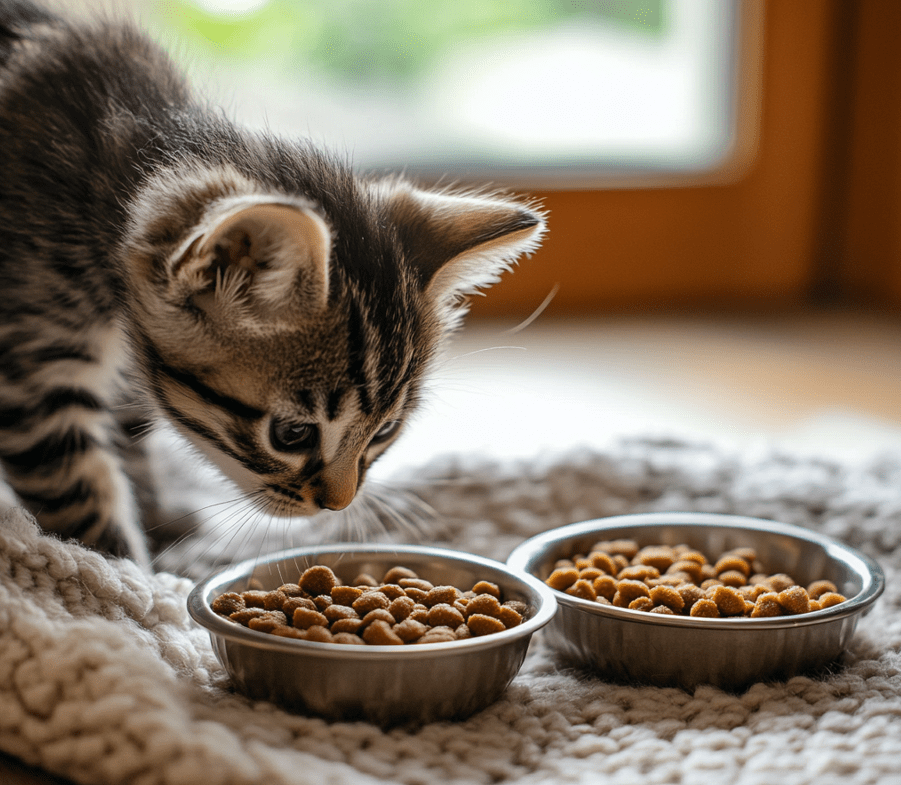
Usually about four weeks of age, they will start eating solid meals. The shift to solid food should be slow, taking days or even weeks. Start giving kitten-formulated dry foods in addition to the fresh ones.
Wet foods can be used as treats to provide variety and water for your cat. This will help in keeping your kitten hydrated, adding variety to their meals.
This gradual change will prevent them from having any digestive issues and make sure that the kittens receive all of their essential nutrients. Just be sure to keep an eye on their weight and how they are generally during this transitioning period. If you gradually expose your cat to different types of food, it will be easier for them and potential allergies or intolerances can be detected from an early stage. This will make your job easier, and you can do the very best to feed hem respectively
Conclusion
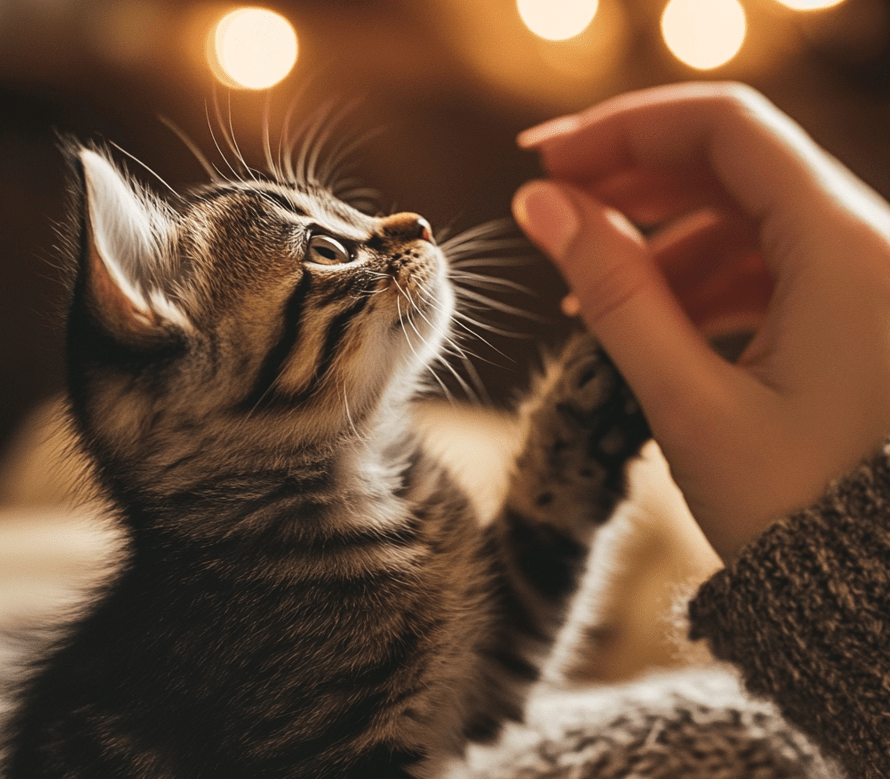
In conclusion, feeding homemade meals to kittens is amazing and an assurance of giving them nutrition necessary for good development. It’s a gratifying way to give specialized care for your pet buddy. The ideal recipes with the right components will put your cat on the road to a long, active life. If you want to personalize dietary recommendations, visit your vet. If there arise big changes in your pet’s nutrition, it’s always advisable to see an expert for help, and don’t give them any medicine without consulting a vet. Spend every precious moment with your new furry friend and build a strong and loving relationship together!
References
American Association of Feline Practitioners (catnutrition.org)
ASPCA, Safe Pets Program.

